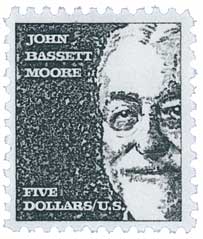
# 1576 FDC - 1975 10c World Peace through Law
Birth Of John B. Moore
Moore’s father was a well-known doctor in the community and moved the family to Felton, where he helped to found the Felton Institute and Classical Seminary. The younger Moore would attend the seminary before begin admitted to the University of Virginia in 1877.
After graduating from college, Moore was admitted to the Delaware bar. Two years later he took a civil service examination for the position of law clerk in the Department of State in Washington. He was one of just four people to pass that test and ultimately received the job. From 1886 to 1891, he worked as third assistant secretary of state. Moore then took a job as a professor of international and law and diplomacy at Columbia University. He held that post until 1924, though he would often take leaves of absence to hold posts that benefitted the public interest.
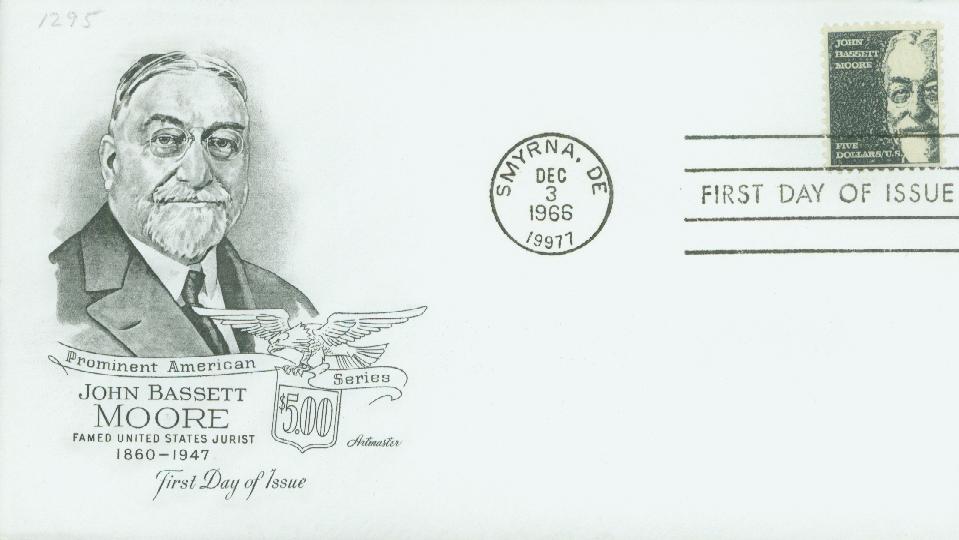
In 1887, Moore served as secretary to the Conference on Samoan Affairs and also to the Fisheries Conference. The following year he was appointed Assistant Secretary and Acting Secretary of State. In that role, he was part of the council to the American Peace Commission in Paris following the end of the war with Spain. Moore went on to teach International Law at the Naval War College, where he started the school’s series of “International Law Blue Books.”
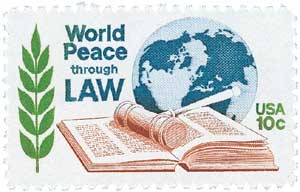
Over the years Moore also represented the US government at the US and Dominican Arbitration Tribunal and was a delegate to the Fourth International American Conference at Buenos Aires and the International Commission of Jurists in Rio de Janeiro.
From 1912 to 1938, Moore served on the Hague Tribunal and from 1920 to 1928 on the Permanent Court of International Justice. He preferred The Hague because they “were not required at once if ever, to abandon their usual pursuits and live a sacrificial life abroad.”
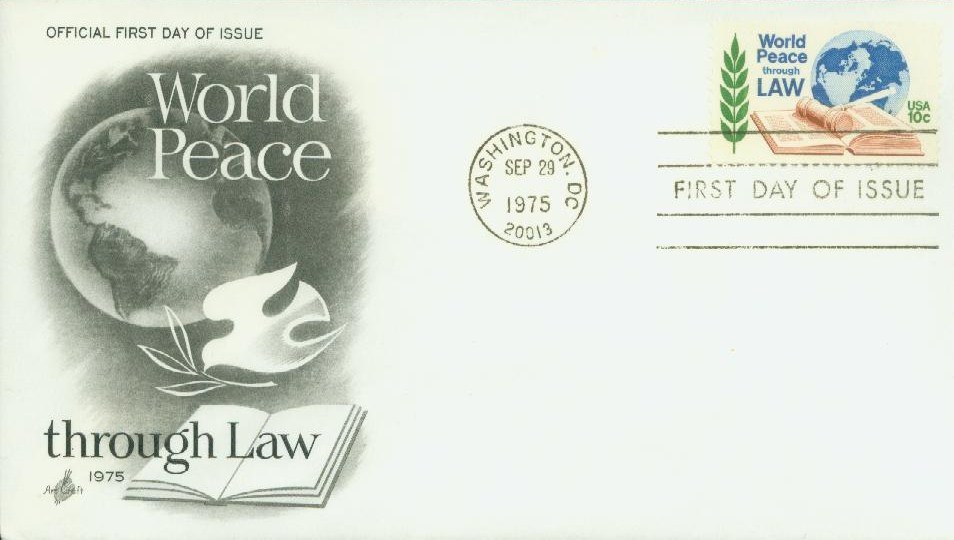
Throughout his career, Moore published frequently. One of his works, Digest of International Law, became known as “Moore’s Digest” and was cited often by future treatise writers.
In instance of war, Moore preferred neutrality, once claiming, “I have often remarked that international wars will cease when civil wars end… if we would keep men and nations at peace, we must remove the causes of their discontent, elevate their moral sentiments, inculcate a spirit of justice and toleration, and compose and settle their differences.”
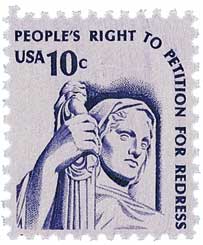
Over the years, Moore was awarded many honors from foreign nations as well as honorary degrees in the United States. He was a special counsel for several lawyers and corporations and was director of the Equitable Life Assurance Society. The John Bassett Moore Intermediate School was also opened in his hometown of Smyrna in 1922. Moore died on November 12, 1947, at the age of 86.
Click here to read Moore’s Digest.
Birth Of John B. Moore
Moore’s father was a well-known doctor in the community and moved the family to Felton, where he helped to found the Felton Institute and Classical Seminary. The younger Moore would attend the seminary before begin admitted to the University of Virginia in 1877.
After graduating from college, Moore was admitted to the Delaware bar. Two years later he took a civil service examination for the position of law clerk in the Department of State in Washington. He was one of just four people to pass that test and ultimately received the job. From 1886 to 1891, he worked as third assistant secretary of state. Moore then took a job as a professor of international and law and diplomacy at Columbia University. He held that post until 1924, though he would often take leaves of absence to hold posts that benefitted the public interest.

In 1887, Moore served as secretary to the Conference on Samoan Affairs and also to the Fisheries Conference. The following year he was appointed Assistant Secretary and Acting Secretary of State. In that role, he was part of the council to the American Peace Commission in Paris following the end of the war with Spain. Moore went on to teach International Law at the Naval War College, where he started the school’s series of “International Law Blue Books.”

Over the years Moore also represented the US government at the US and Dominican Arbitration Tribunal and was a delegate to the Fourth International American Conference at Buenos Aires and the International Commission of Jurists in Rio de Janeiro.
From 1912 to 1938, Moore served on the Hague Tribunal and from 1920 to 1928 on the Permanent Court of International Justice. He preferred The Hague because they “were not required at once if ever, to abandon their usual pursuits and live a sacrificial life abroad.”

Throughout his career, Moore published frequently. One of his works, Digest of International Law, became known as “Moore’s Digest” and was cited often by future treatise writers.
In instance of war, Moore preferred neutrality, once claiming, “I have often remarked that international wars will cease when civil wars end… if we would keep men and nations at peace, we must remove the causes of their discontent, elevate their moral sentiments, inculcate a spirit of justice and toleration, and compose and settle their differences.”

Over the years, Moore was awarded many honors from foreign nations as well as honorary degrees in the United States. He was a special counsel for several lawyers and corporations and was director of the Equitable Life Assurance Society. The John Bassett Moore Intermediate School was also opened in his hometown of Smyrna in 1922. Moore died on November 12, 1947, at the age of 86.
Click here to read Moore’s Digest.






